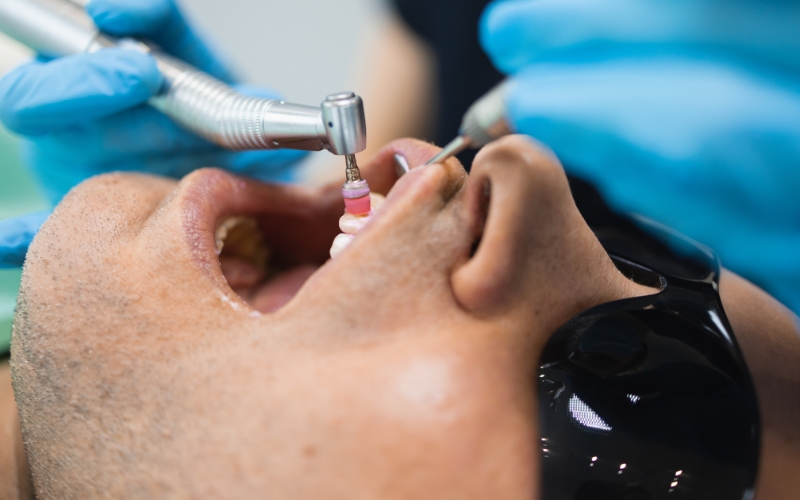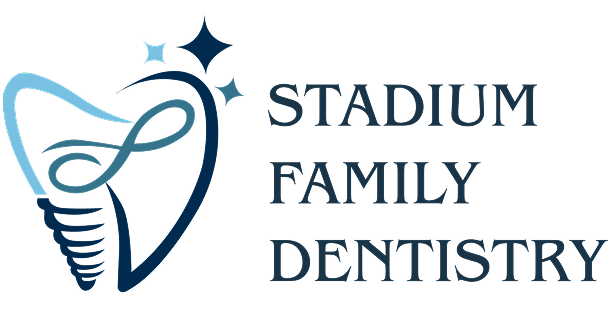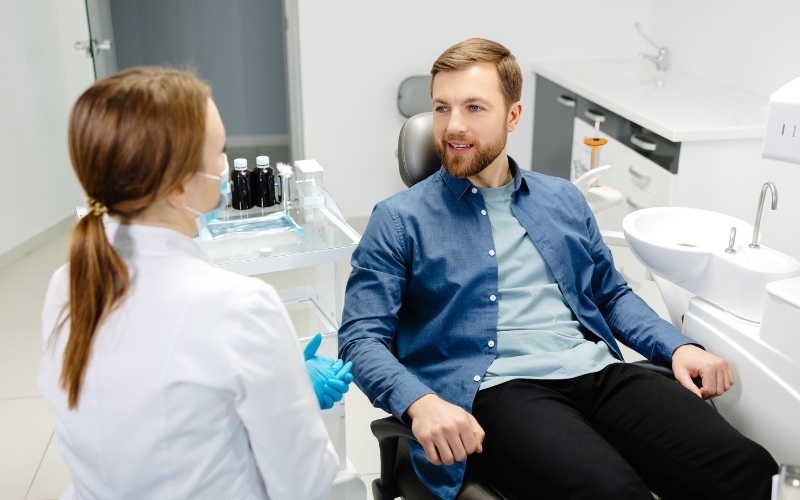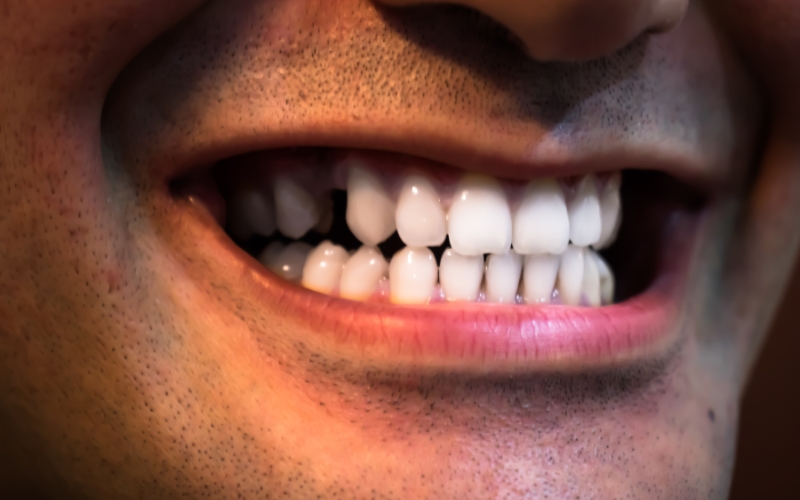
Welcome to the crucial role of regular dental cleanings and check-ups in maintaining a healthy and dazzling smile! Your smile is one of your most valuable assets, so it’s important to give it the care and attention it deserves. Dental health goes beyond just brushing and flossing; professional cleanings play a vital role in keeping your teeth and gums in tip-top shape.
So, what exactly happens during a dental cleaning? And why should you schedule these appointments regularly? We’re here to answer all your questions, debunk common misconceptions, provide some expert tips for optimal oral health, and ultimately convince you to invest in the well-being of your pearly whites. Let’s get started!
What Happens During a Dental Cleaning?
During a dental cleaning, your dental hygienist will perform a series of important tasks to keep your teeth and gums in optimal health. The process typically begins with a thorough examination of your mouth, including checking for any signs of tooth decay or gum disease.
Next, the hygienist will use special tools to remove plaque and tartar buildup from around your teeth. This is an essential step as plaque and tartar can lead to cavities and gum inflammation if left untreated. They will also clean hard-to-reach areas that brushing and flossing may miss.
After scaling away the built-up deposits, the hygienist will polish your teeth using a professional-grade toothpaste that helps remove surface stains. This not only leaves your smile looking brighter but also helps prevent future staining.
In some cases, the dentist may recommend fluoride treatment as well. Fluoride helps strengthen enamel and protects against tooth decay by remineralizing weakened areas.
The oral examination concludes with helpful tips on proper brushing and flossing techniques tailored to meet your specific needs. Your dental team may also discuss any concerns they have noticed during the cleaning process and provide recommendations for further treatment if necessary.
Regular dental cleanings are crucial for maintaining excellent oral health by preventing issues such as cavities, gum disease, bad breath, and even systemic health problems associated with poor oral hygiene habits. Don’t neglect this vital aspect of self-care – make sure you schedule regular appointments with your dentist!
Benefits of Regular Dental Cleanings and Checkups
Regular dental cleanings and checkup’s are essential for maintaining optimal oral health. They offer a wide range of benefits that go beyond just having a bright smile.
One major advantage of regular dental cleanings is the prevention of gum disease. During the cleaning process, your dentist or hygienist will remove plaque and tartar buildup from your teeth and along the gumline. This helps to prevent inflammation and infection in the gums, which can lead to gum disease if left untreated.
Another benefit is early detection of dental issues. Regular check-ups allow your dentist to identify any potential problems at their earliest stages. This includes cavities, tooth decay, oral infections, or even signs of oral cancer. By catching these issues early on, they can be treated more effectively and potentially save you from extensive dental procedures down the line.
Furthermore, regular cleanings help maintain fresh breath by removing bacteria that cause bad breath. Additionally, they help improve overall oral hygiene habits such as brushing and flossing techniques through professional guidance provided during these visits.
Lastly but not least importantly, regular dental cleanings contribute to better overall health. There have been links between poor oral health and various systemic conditions such as cardiovascular diseases and diabetes. By taking care of your teeth through regular cleanings and check-ups, you are also investing in your overall well-being.
In conclusion: Regular dental cleanings bring numerous benefits including preventing gum disease, detecting early dental issues, improving breath freshness while contributing positively towards overall health maintenance
Common Misconceptions About Dental Cleanings
When it comes to dental cleanings, there are a few common misconceptions that can prevent people from seeking regular care. Let’s debunk these myths and set the record straight!
Misconception #1: I brush and floss regularly, so I don’t need professional cleanings. While maintaining good oral hygiene at home is essential, it doesn’t mean you can skip your dental cleanings. Professional cleanings remove plaque and tartar buildup in areas that may be difficult to reach with a toothbrush or floss alone. These stubborn deposits can lead to gum disease if left untreated.
Misconception #2: Dental cleanings are painful. Many people associate dental visits with discomfort or pain, but modern dentistry has come a long way. Dental hygienists are trained to perform gentle yet effective cleanings without causing unnecessary pain. If you experience sensitivity during the cleaning process, don’t hesitate to communicate this with your dentist or hygienist; they can take steps to alleviate any discomfort.
Misconception #3: I only need a cleaning if I have visible issues like cavities or gum problems. Even if your teeth appear healthy on the surface, there could be underlying issues that only a professional can detect. Regular check-ups allow your dentist to identify early signs of decay or gum disease before they become major problems. Prevention is always better than treatment when it comes to oral health.
Misconception #4: Dental cleanings are expensive. Investing in preventive care through regular dental check-ups and cleanings actually saves you money in the long run. By catching potential problems early on, you avoid costly treatments for advanced dental issues later down the line.
Remember, maintaining good oral health goes beyond just brushing and flossing at home; regular dental cleanings play an integral role in keeping your smile bright and healthy. Don’t let these misconceptions prevent you from prioritizing your dental care. Schedule your next cleaning today
How Often Should You Schedule a Cleaning?
How often should you schedule a cleaning? This is a common question that many people have when it comes to maintaining their dental health. The answer can vary depending on individual needs and oral hygiene habits, but generally, it is recommended to have a dental cleaning every six months.
Regular cleanings help remove plaque and tartar buildup that cannot be easily removed with regular brushing and flossing. These cleanings also allow your dentist or hygienist to examine your teeth and gums for any signs of decay, gum disease, or other oral health issues.
For some individuals with certain risk factors such as smoking, diabetes, or a weakened immune system, more frequent cleanings may be necessary. Your dentist will be able to assess your specific needs and recommend the appropriate frequency for your cleanings.
By scheduling regular dental cleanings every six months (or as recommended by your dentist), you can stay proactive in preventing dental problems before they become more serious. It’s an investment in your smile and overall well-being.
Additional Steps for Optimal Oral Health
In addition to regular dental cleanings and check-ups, there are several other important steps you can take to maintain optimal oral health. These habits will not only keep your teeth looking bright and healthy but also help prevent gum disease, cavities, and other dental issues.
Brushing your teeth twice a day is crucial. Use fluoride toothpaste and a soft-bristled brush to gently remove plaque and bacteria from all surfaces of your teeth. Be sure to replace your toothbrush every three months or sooner if the bristles become frayed.
Flossing is another essential step that should be done at least once a day. It helps remove plaque and food particles from between the teeth where a toothbrush can’t reach. Take time to properly floss each tooth, using a gentle back-and-forth motion.
Using mouthwash after brushing and flossing can provide additional protection against bacteria in the mouth. Look for an antimicrobial mouthwash that kills germs without alcohol content, as it can cause dryness.
A balanced diet plays a significant role in oral health too. Limit sugary snacks and drinks, as they contribute to tooth decay. Instead, opt for foods rich in vitamins A and C, calcium, phosphorus, and fiber – these nutrients promote strong teeth and gums.
Lastly but equally importantly is avoiding tobacco products altogether as they greatly increase the risk of developing oral cancer along with gum disease.
By incorporating these additional steps into your daily routine alongside regular dental cleanings and check-ups , you’ll be taking proactive measures towards maintaining optimal oral health!
Regular dental cleanings and check-ups play a crucial role in maintaining optimal oral health. By scheduling these appointments, you are making an investment in your smile that will yield benefits for years to come.
During a dental cleaning, the hygienist removes plaque and tartar buildup from your teeth while also checking for any signs of gum disease or other dental issues. This thorough cleaning helps prevent tooth decay, cavities, and gum problems.
In addition to the immediate benefits of a cleaner mouth, regular dental cleanings can also have long-term effects on your overall health. Research has shown that poor oral hygiene is linked to various systemic conditions such as heart disease, diabetes, and respiratory infections. By taking care of your teeth and gums through regular cleanings and check-ups, you are not only improving your oral health but also reducing the risk of developing these serious health concerns.
While some may have misconceptions about dental cleanings being painful or unnecessary if they brush regularly at home, it’s important to remember that professional cleanings reach areas that brushing alone cannot. The expertise of a dentist or hygienist ensures a thorough examination of your mouth for potential problems before they escalate into more significant issues.
So how often should you schedule a cleaning? In general, it is recommended to have a professional cleaning every six months. However, this may vary depending on individual circumstances such as specific oral health needs or conditions like periodontal disease. Consulting with your dentist will help determine the most suitable frequency for you.



